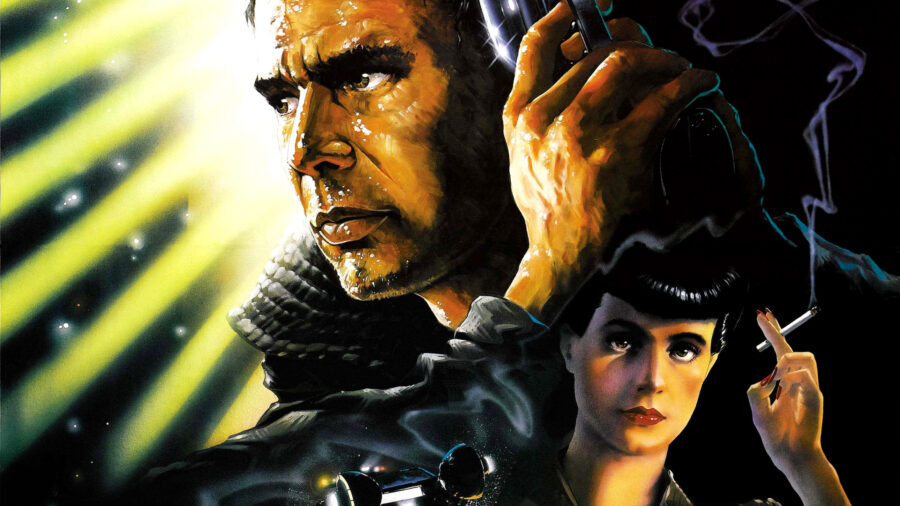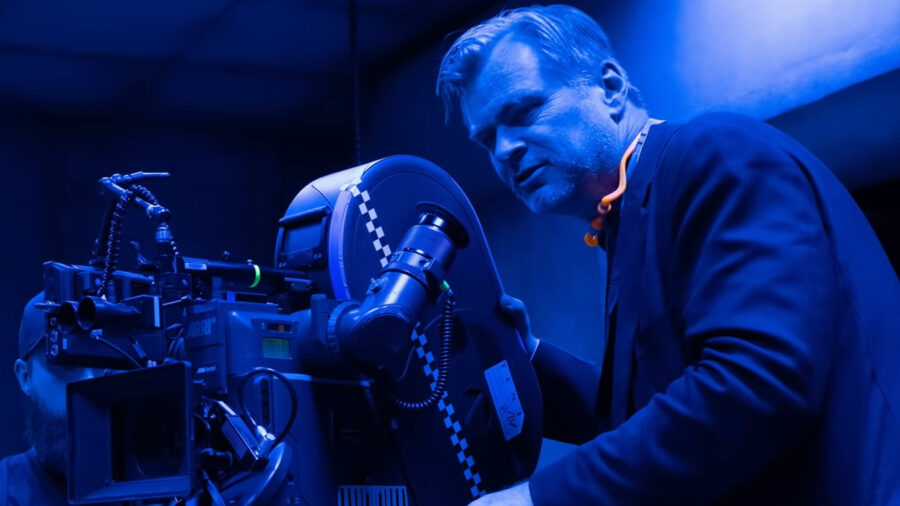Christopher Nolan Reveals His Controversial Stance On Blade Runner
Christopher Nolan recently rang in with some of this thoughts on Blade Runner and he definitely holds a minority opinion of the film
This article is more than 2 years old

Film director Christopher Nolan went on the record recently about Ridley Scott’s iconic science fiction film Blade Runner, and well, the man has a weird opinion. For context, it is worth noting that there are seven distinct versions of the 1982 movie, but three really notable ones. There was the original studio-released Theatrical Cut which bombed at the box office and largely with critics. There was the 1992 Director’s Cut that spurred its re-examination as one of the most influential science fiction films ever, and the 2007 Final Cut, which was director Ridley Scott’s most direct reworking of the material.
While the three primary cuts of Blade Runner do not vary much in run time, they are notable for a number of differences. The one thing that everyone agrees on is that the Theatrical Cut was essentially a creation by committee of Warner Bros in post-production interference and not reflective of Scott’s intention. Well, everyone agrees but Christopher Nolan, because he thinks that’s the best one.
In an interview with the Happy Sad Confused podcast, Christopher Nolan explained his take on Blade Runner via the route of nostalgia. Essentially, as the Theatrical Cut was the first version of the film that he saw as a child on VHS, it is the one he has seen the most (hundreds of times by his estimation). He also feels that it is the “authoritative” version of the film as it was the version that originally went into theaters. Given Nolan’s oft-stated love of the cinema-going experience and his fierce espousal of the traditional film (as opposed to digital photography), it is not surprising that he is a bit of an absolutist in this regard.

The original Theatrical Cut of Blade Runner added post-production voiceover narration from star Harrison Ford, a demand of the studio that he resented and fought against. Ridley Scott and Ford had considered narration while the script was in development but ultimately decided against it. For many years, the flat, affectless delivery that Ford used to narrate the movie was rumored to be his attempt to do so bad of a job that the recordings would be unusable, though he has since stated this was not the case. Warner Bros also controversially added a new “Happy Ending” to the film, which involved Ford and co-star Sean Young leaving the rain-drenched Los Angeles setting and also some narration indicating one of the central elements of the plot didn’t actually apply. It’s…a choice, alright.
To his credit, Christopher Nolan is clear that he does not think that the Theatrical Cut of Blade Runner is a perfect film or even the best one. He simply feels that it is the “definitive” one, by dint of being released first in cinemas. Though it could be argued that cut of the film had a far briefer original run in theaters than the various revivals of the Director’s and Final Cuts. Nolan’s next upcoming film is a biopic of J. Robert Oppenheimer, the so-called “father of the atomic bomb.” The film will feature his longtime collaborator Cillian Murphy, and as we previously reported, he may be developing a mysterious new project with Keanu Reeves and Robert Downey Jr.













